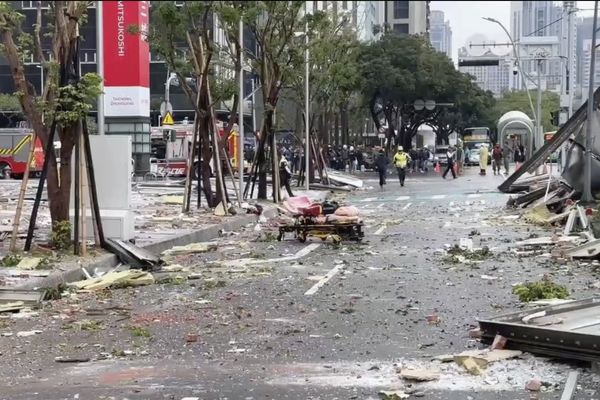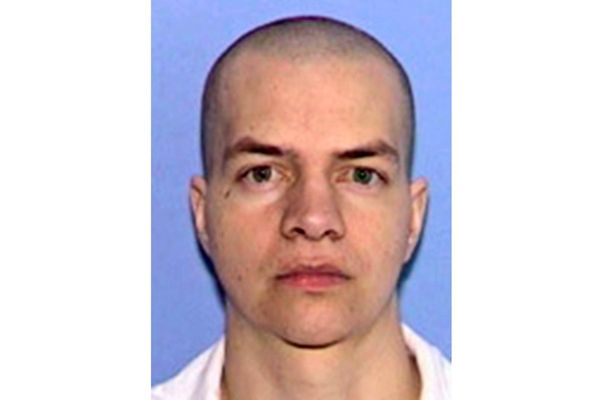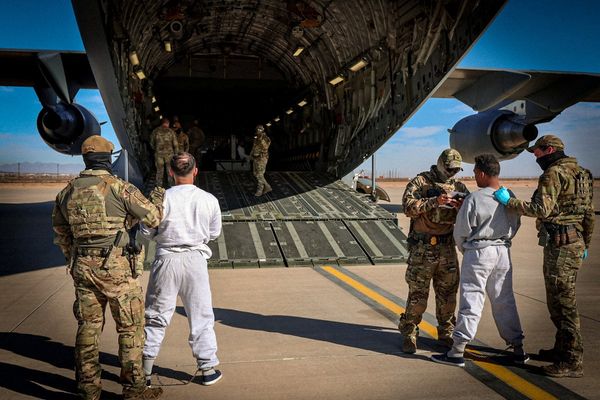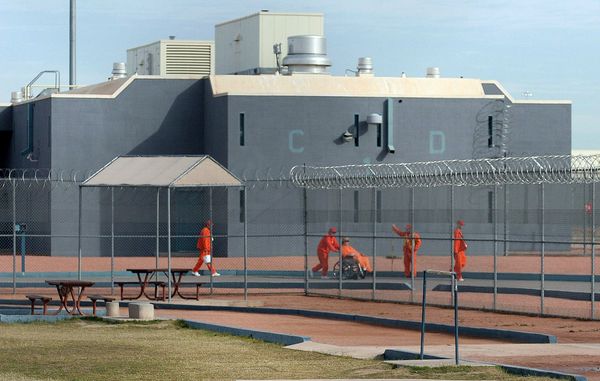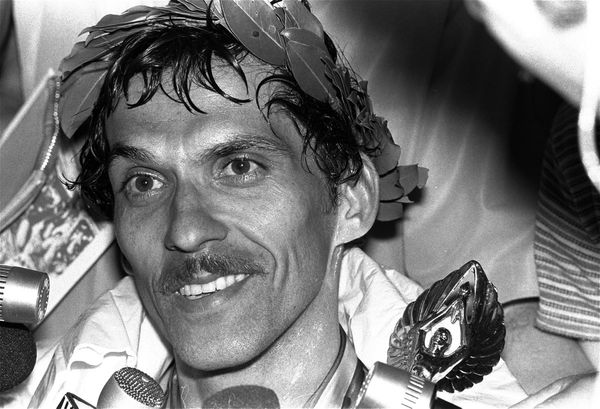
The United States and NATO have made no concessions to the main Russian demands to resolve the crisis over Ukraine including giving Moscow a guarantee that Ukraine can never join the Western alliance.
The focus is now on how Russia will respond — a decision that rests squarely with President Vladimir Putin and one that could determine whether Europe will again be plunged into war.
Here are things to know on Thursday about the international tensions surrounding Ukraine.
___
RUSSIA'S RESPONSE SO FAR
Kremlin spokesman Dmitry Peskov told reporters that the response from the U.S. — and a similar one from NATO — leaves “little ground for optimism.”
At the same time, he added that “there always are prospects for continuing a dialogue, it’s in the interests of both us and the Americans.”
Meanwhile, Russian Foreign Minister Sergey Lavrov noted that the U.S. response contains some elements that could lead to “the start of a serious talk on secondary issues.”
But Lavrov emphasized that “the document contains no positive response on the main issue,” the Russian demands for the non-expansion of NATO and the non-deployment of weapons that Russia says its views as a threat.
___
RUSSIA HOPES FOR POLITICAL CHANGE IN KYIV
A top Putin associate, former President and ex-Prime Minister Dmitry Medvedev says a war would be catastrophic and that he hopes that Ukraine will choose leaders who want “normal” ties with Russia.
Medvedev, a deputy head of Russia’s Security Council, said that a Russia-NATO conflict “would be the most dramatic and simply catastrophic scenario, and I hope it will never happen.”
Medvedev argued that Moscow sees no point in talking to Ukrainian President Volodymyr Zelenskyy, but voiced hope that the Ukrainians would eventually become “weary of that bedlam and elect the leadership that would pursue policies ... aimed at normal economic relations with Russia.”
Medvedev’s comment follows a British claim that the Kremlin is seeking to replace Ukraine’s government with a pro-Moscow administration — an allegation Russia denies.
___
GERMANY OFFERS ECONOMIC HELP TO UKRAINE
German Foreign Minister Annalena Baerbock said her government is closely coordinating its policy on the situation in Ukraine with allies, and the range of options Berlin will consider in the event of renewed Russian aggression includes action against the Nord Stream 2 gas pipeline.
The pipeline, which hasn’t begun operation yet, was built to pump natural gas from Russia to Germany, but the German government has gradually backed away from the project amid the growing tensions with Moscow.
Baerbock said Thursday during a parliamentary debate on Ukraine that while Germany has refused to supply lethal weapons to Ukraine, it will continue to provide economic support to Kyiv.
“A (soccer) team doesn’t need 11 center forwards who all do the same thing, but 11 players who get along well and have a common game plan in mind,” she told lawmakers.
Baerbock also stressed the importance of renewed talks held in recent weeks with Russia, Ukraine and NATO allies.
“Those who talk don’t shoot,” she said.
___
FRANCE'S MACRON TAKES OWN PATH
French President Emmanuel Macron continues to push for dialogue with Russia despite signs pointing to a potential war, convinced that diplomacy can still avert conflict.
Macron is preparing to talk Friday with Putin, and Macron’s presidential palace hosted marathon talks Wednesday between Russian and Ukrainian advisers, the first such face-to-face negotiations since Russia has massed troops near Ukraine in recent weeks.
Macron's stance reflects France’s post-World War II tradition of carving its own geopolitical path, refusing to line up blindly behind the U.S.
But France’s diplomacy-focused strategy complicates efforts by the U.S. and NATO to show a tough, united front against Russia. And experts question whether it will be enough to deter a Russian invasion of Ukraine.
___
WHERE DOES NATO MEMBER TURKEY STAND?
Turkish President Recep Tayyip Erdogan says that an armed attack on Ukraine by Russia wouldn't be a “rational” move and reiterated an offer to mediate between the two countries.
NATO-member Turkey, which enjoys close relations with both Ukraine and Russia, has repeatedly offered to bring the two countries’ leaders together.
“I hope that Russia will not resort to armed attack and occupation of Ukraine,” Erdogan told Turkey’s NTV television in an interview late Wednesday. “Such a step would not be a rational move for Russia or for our region.”
The Turkish leader continued: “We want the current tensions between Russia and Ukraine to be resolved before it turns into a new crisis.”
Erdogan also said there was need for a “meaningful dialogue with Russia” to resolve any “reasonable” security concern it may have.
“We need to explain to Russia why some of its requests are not acceptable. I believe that a dialogue in this direction will enable NATO to be better understood,” he said.
